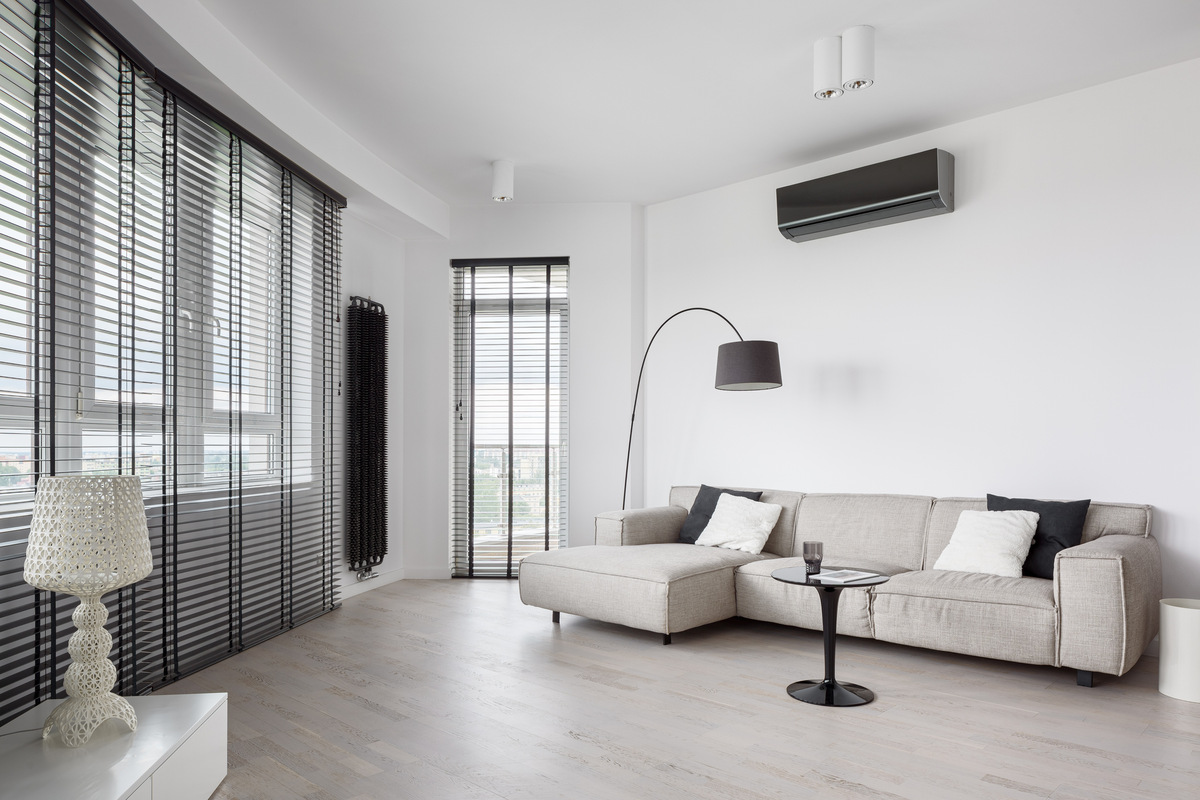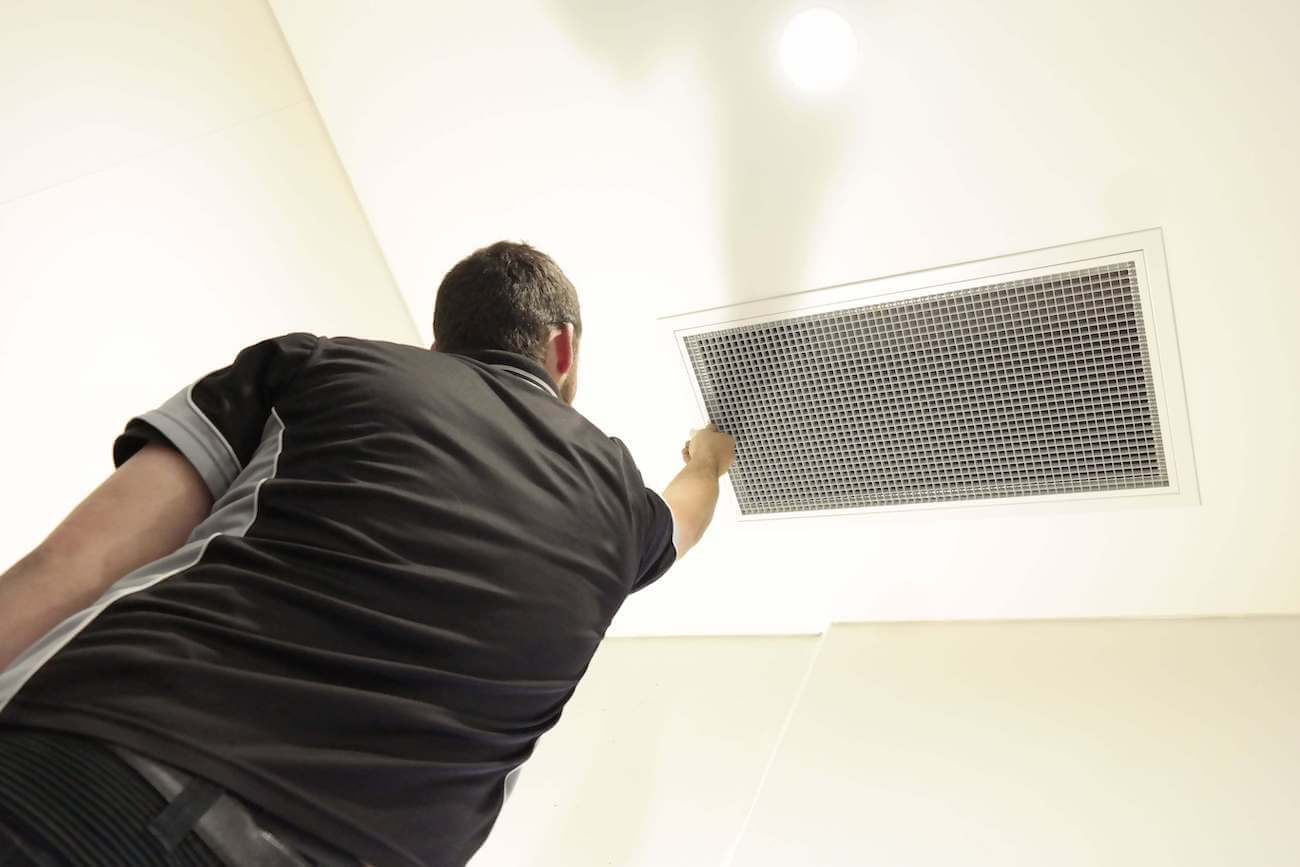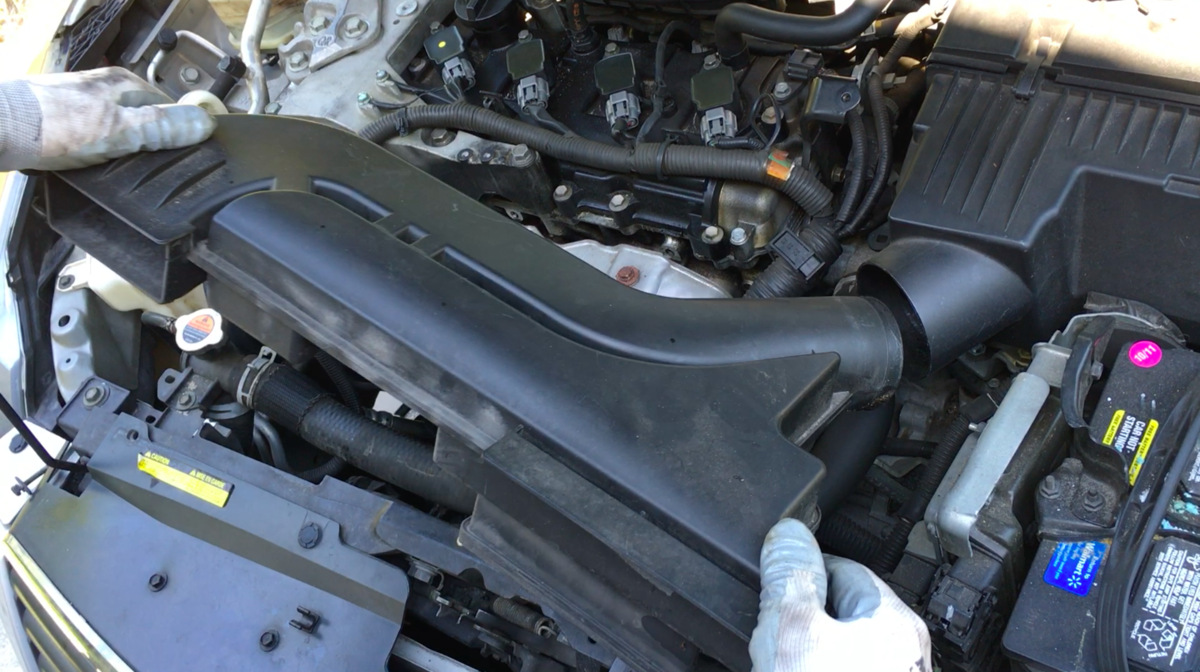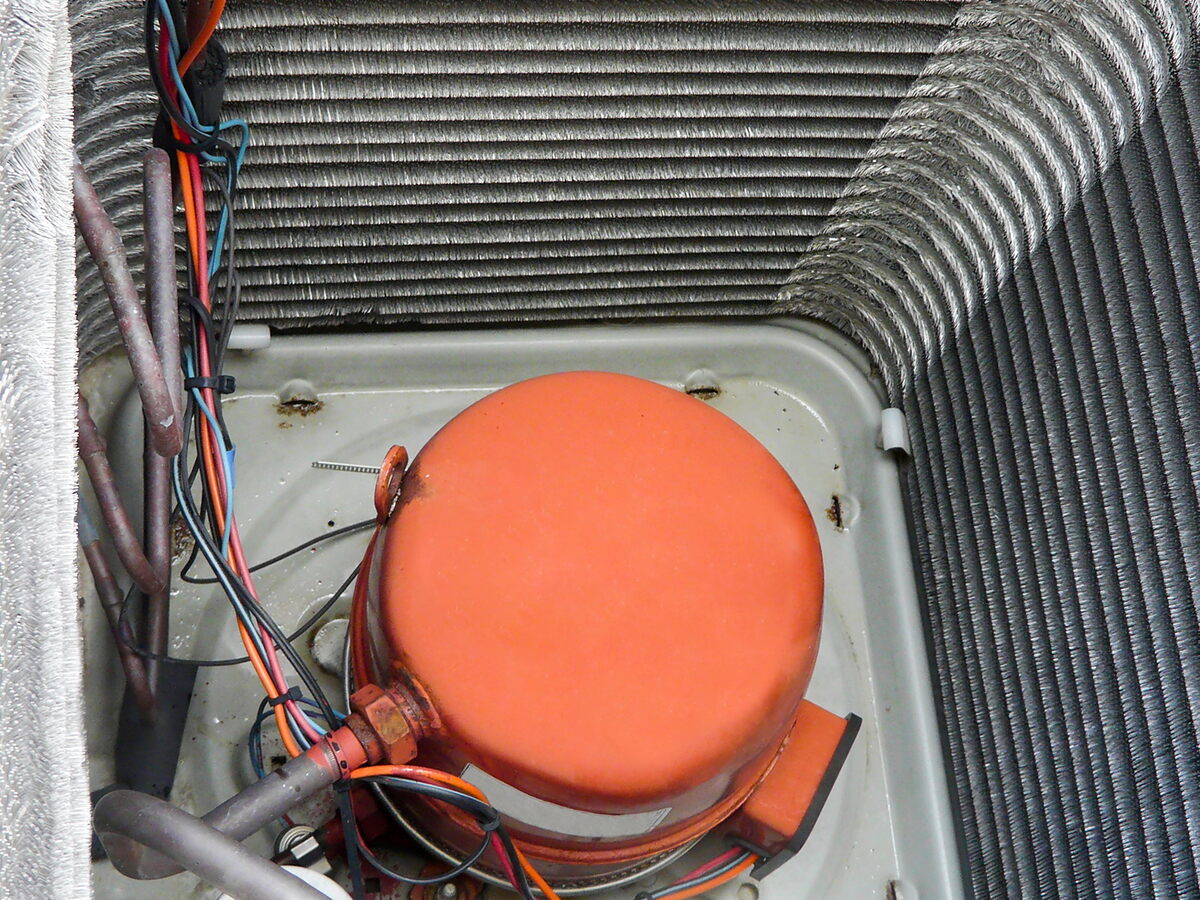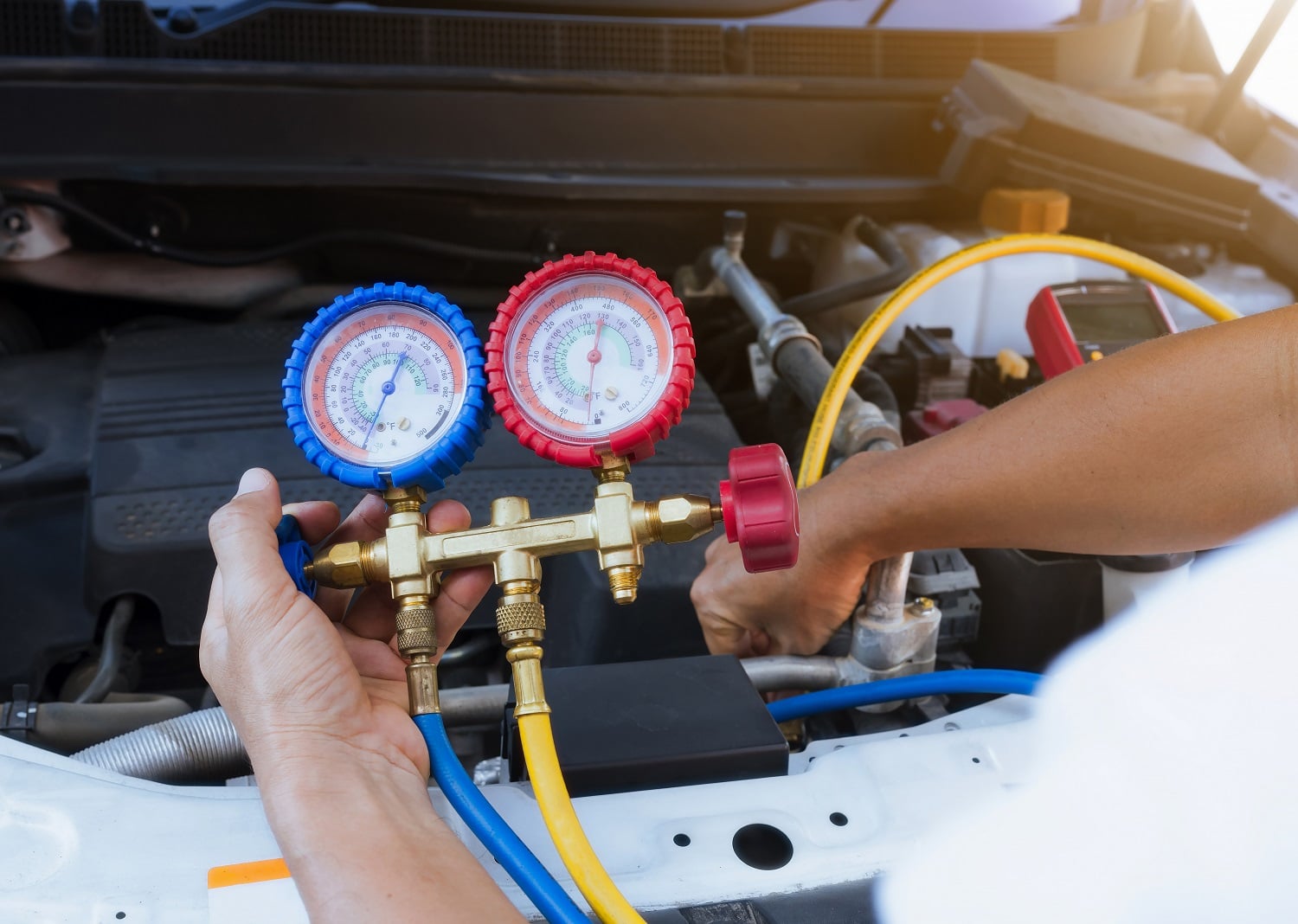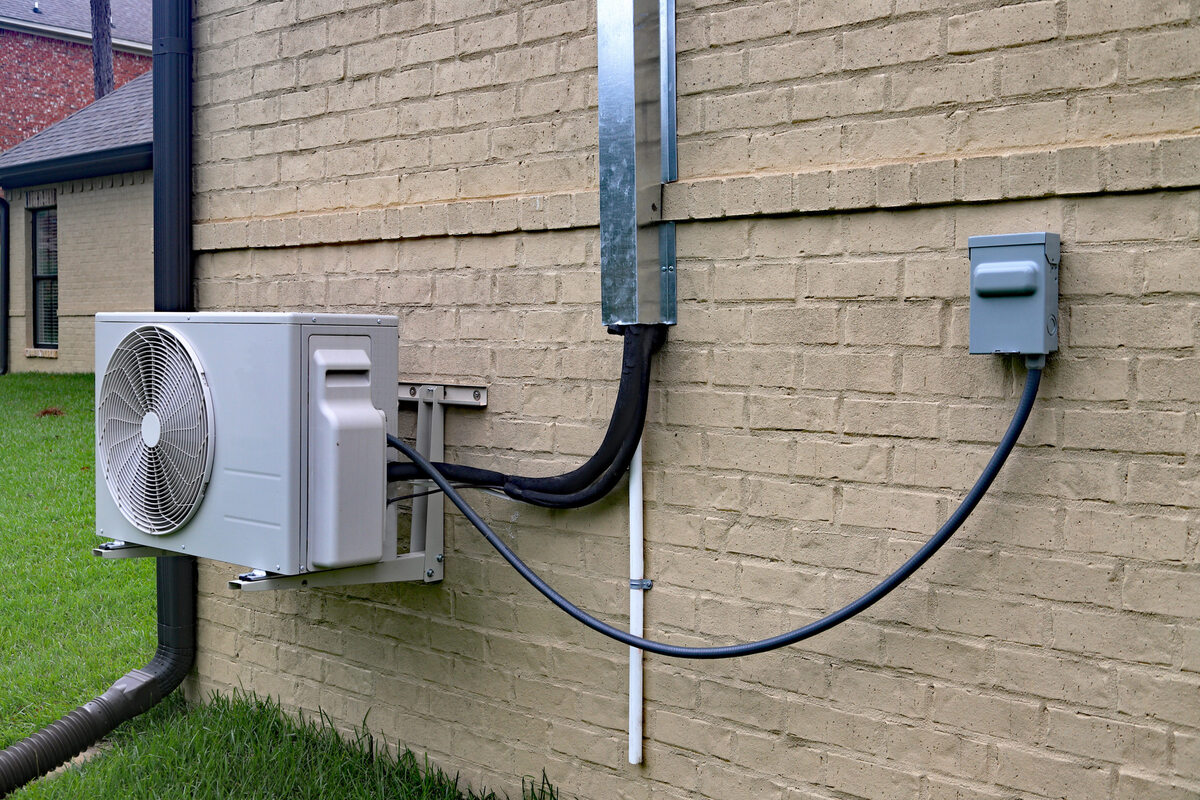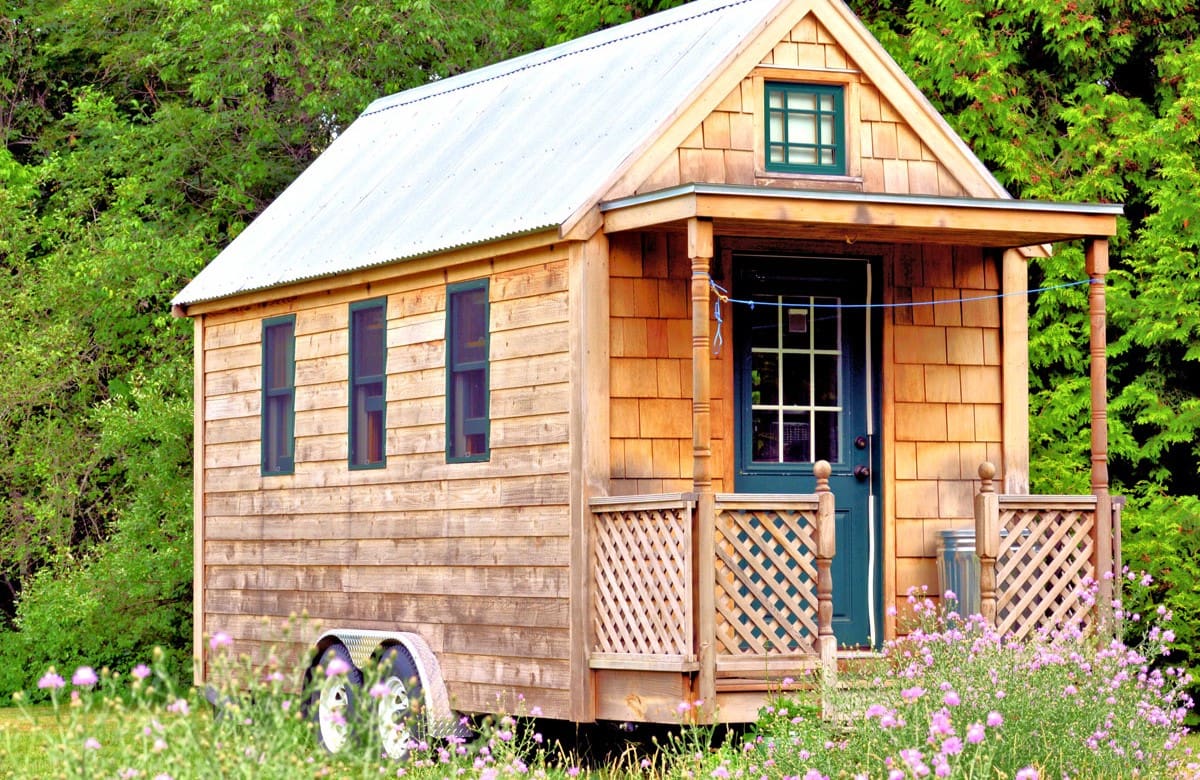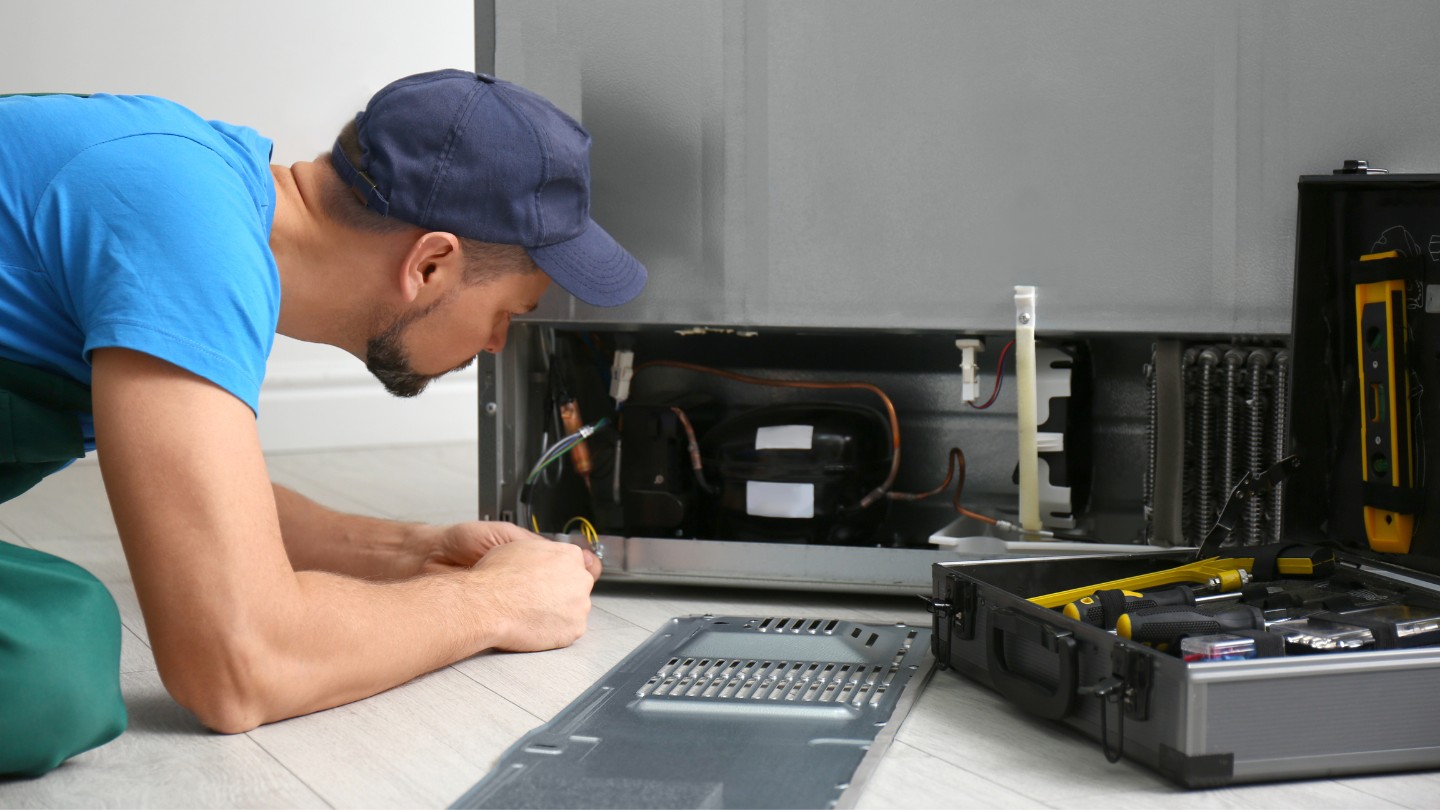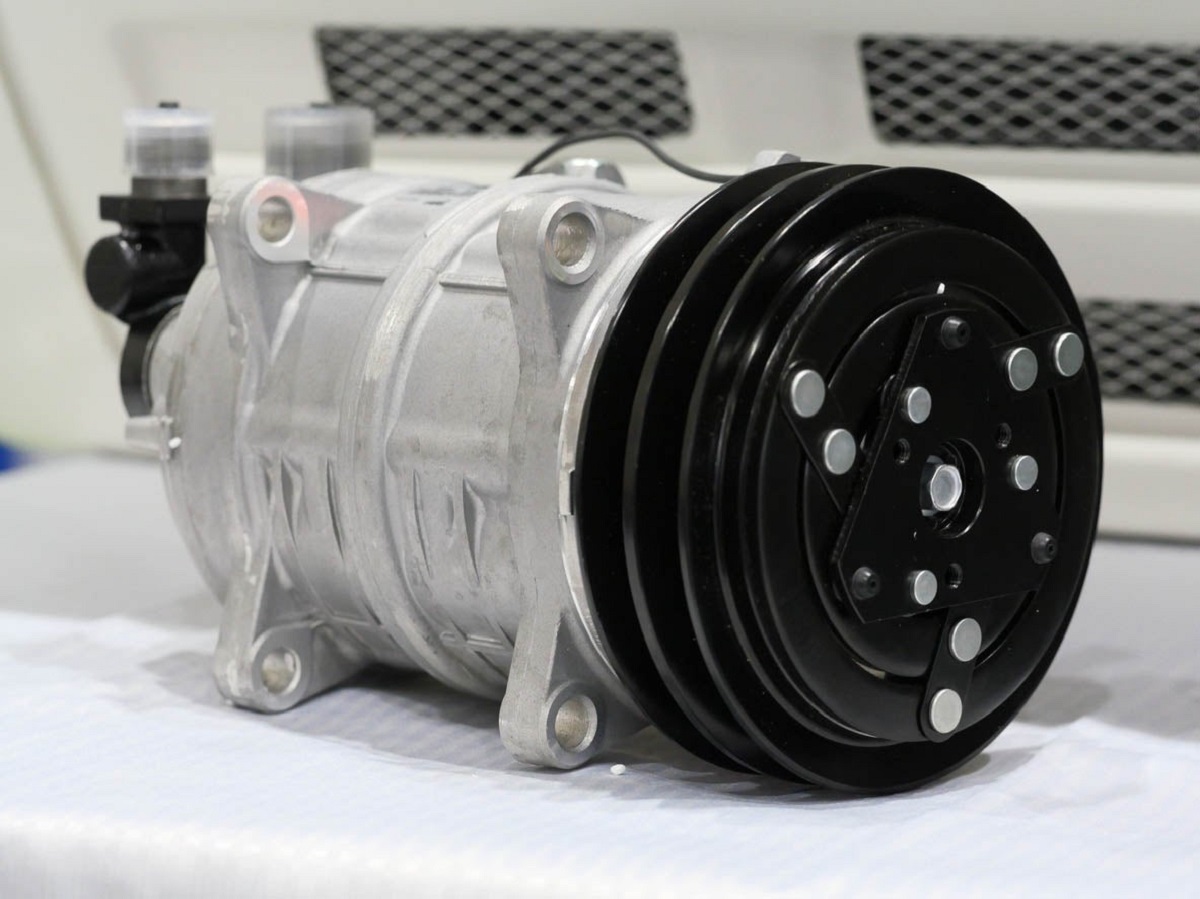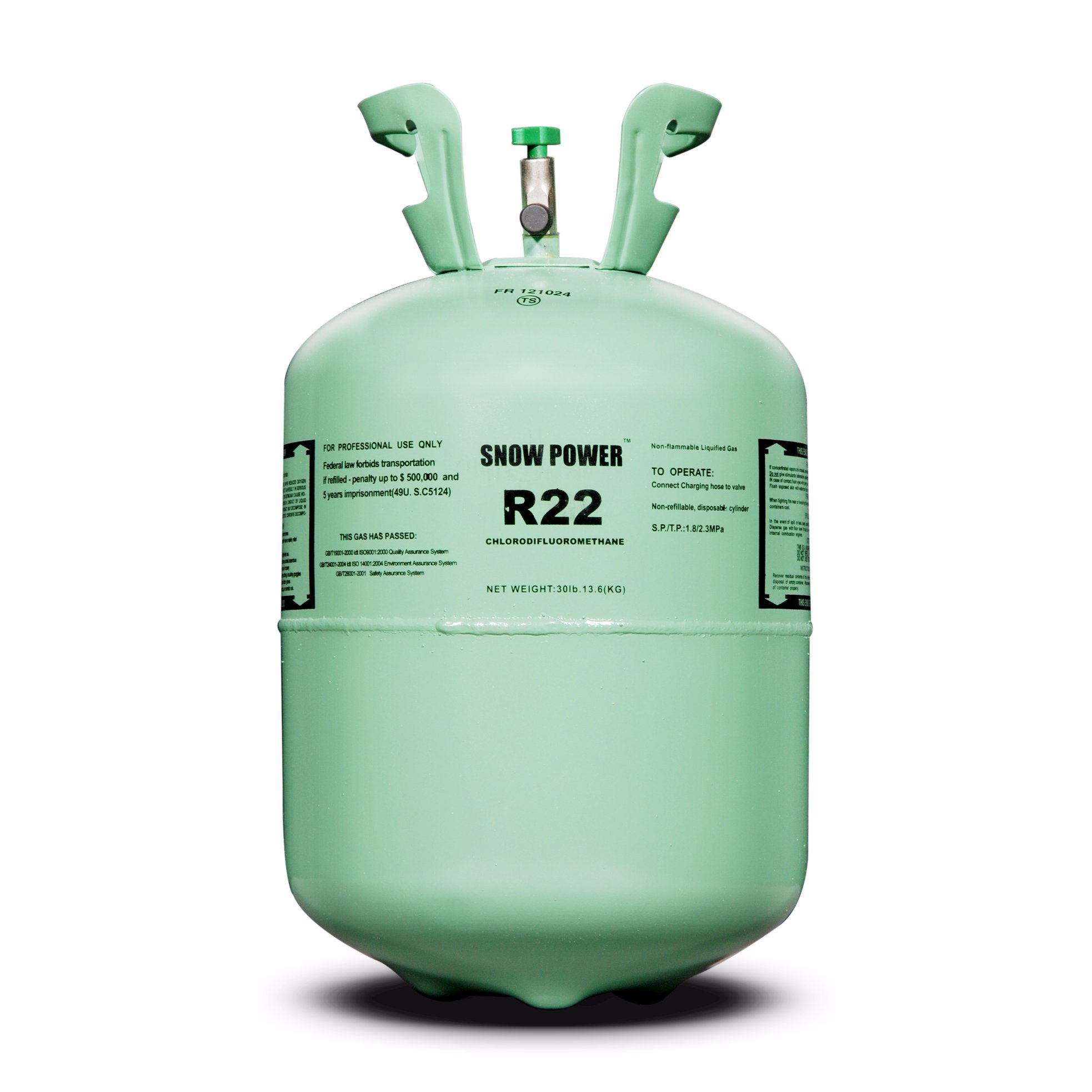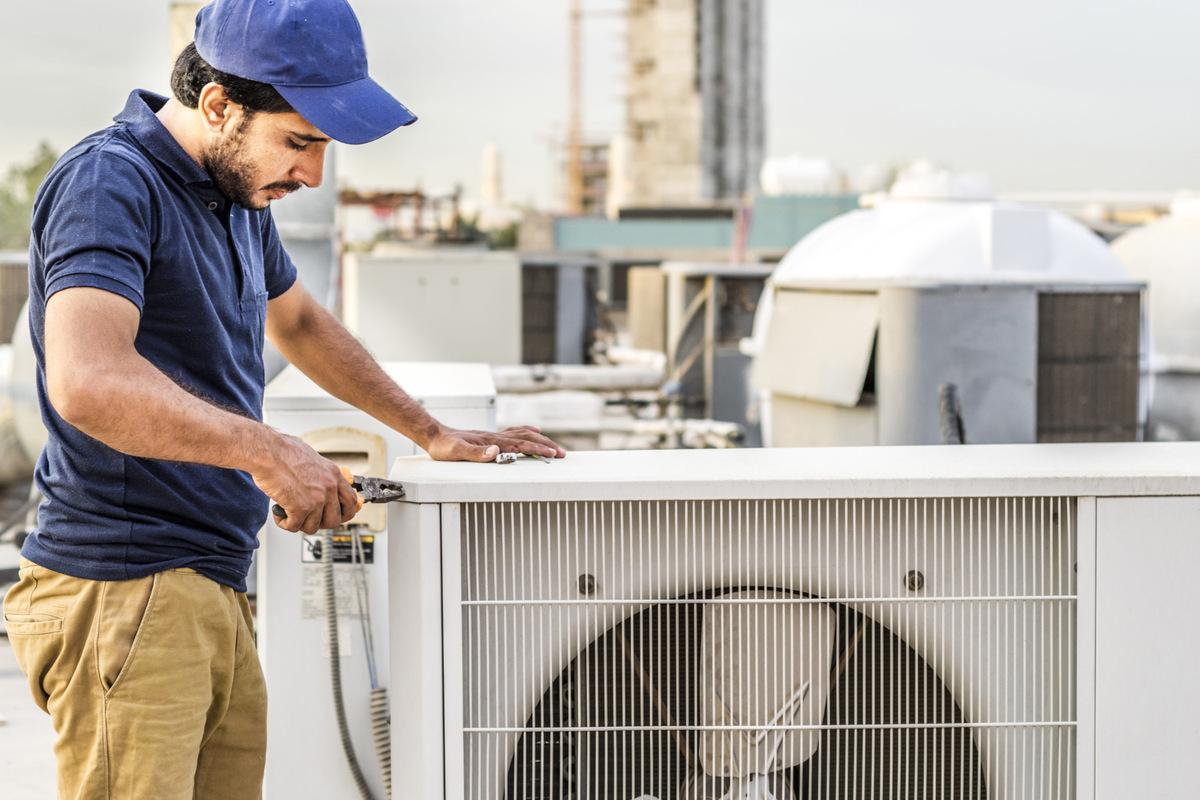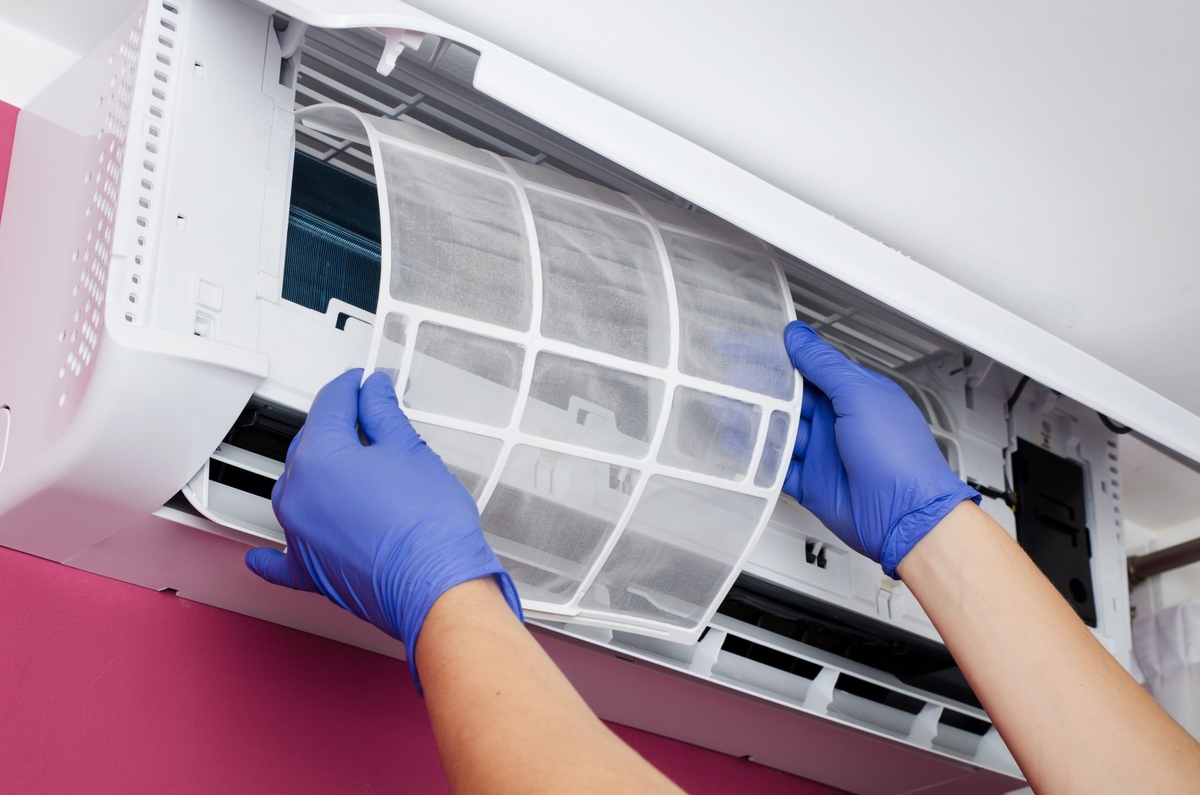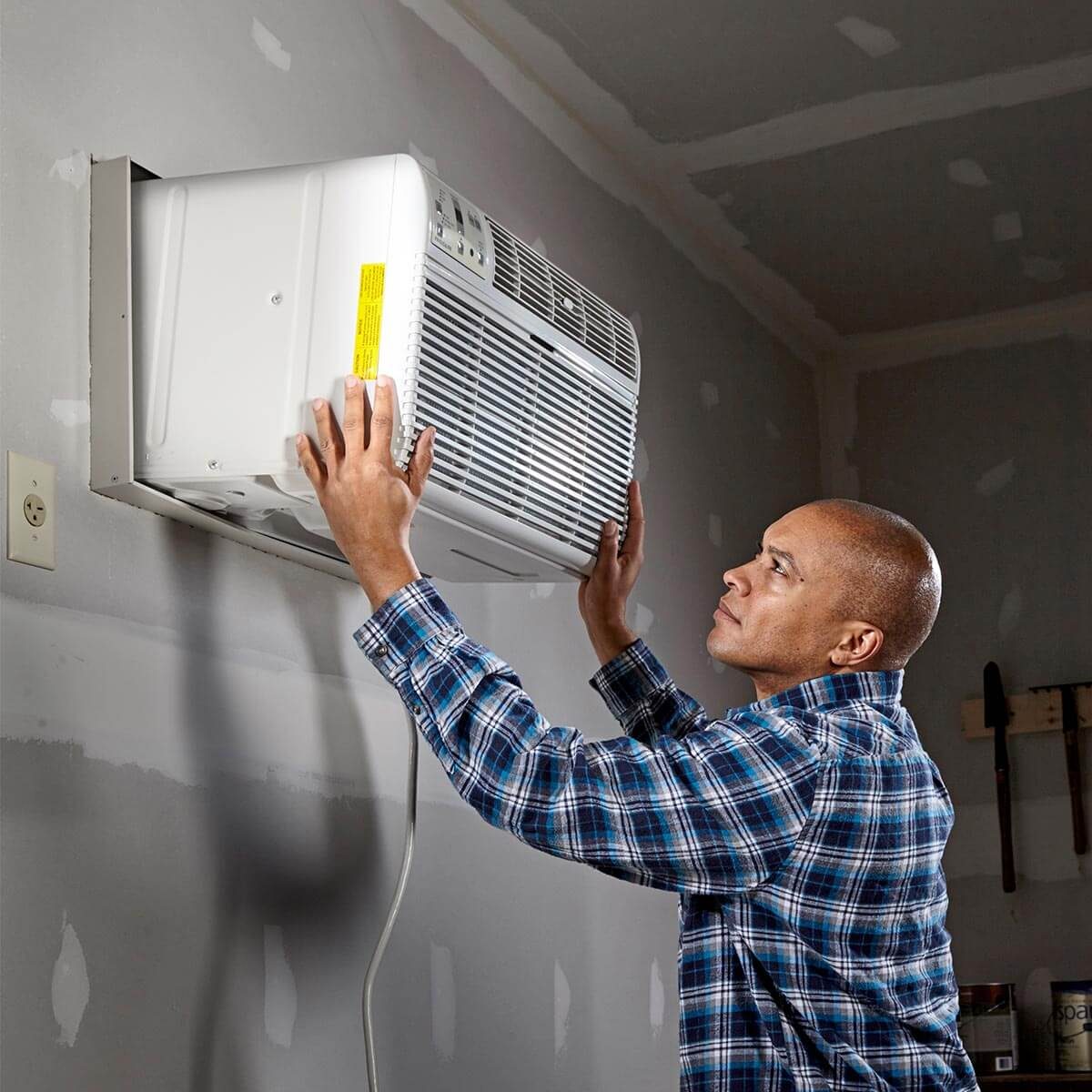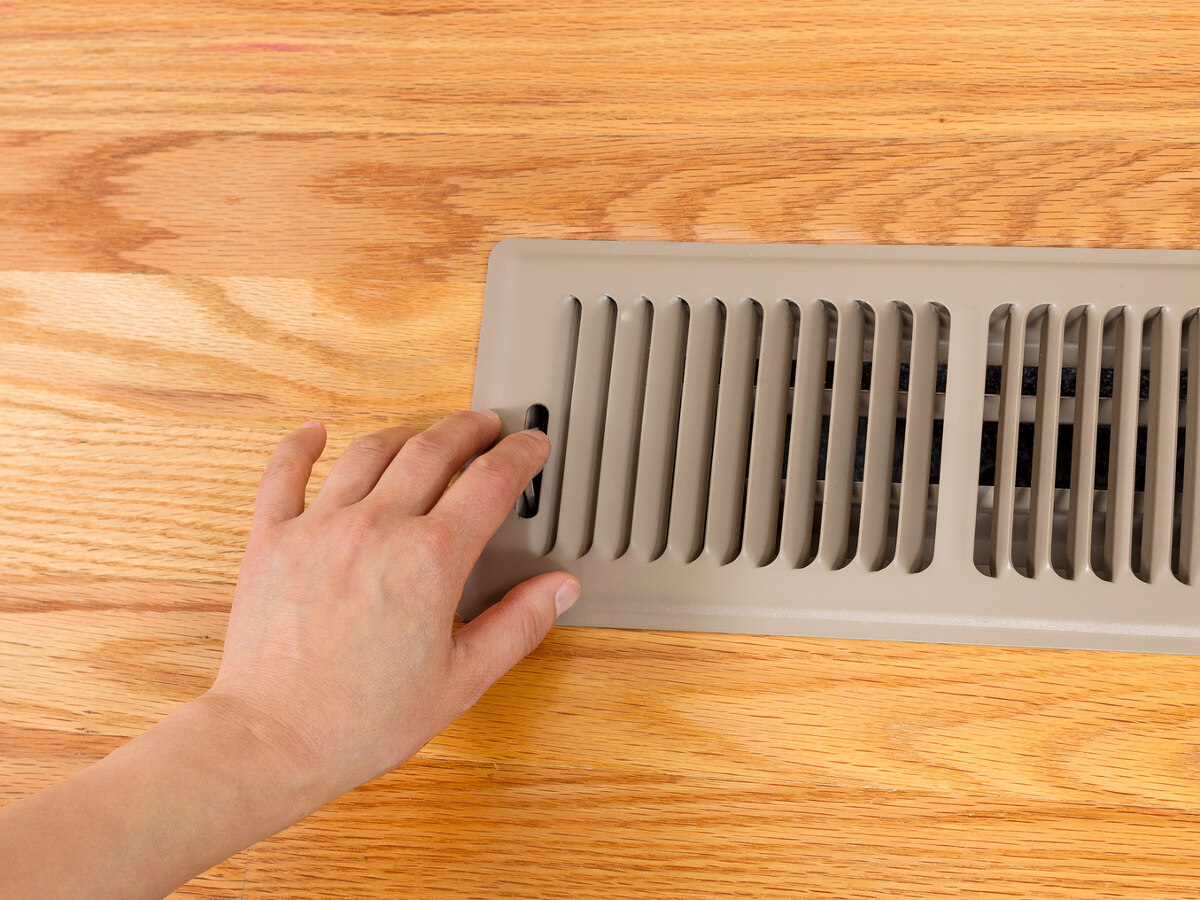Home>Home Maintenance>How Much Is An Air Conditioning Compressor
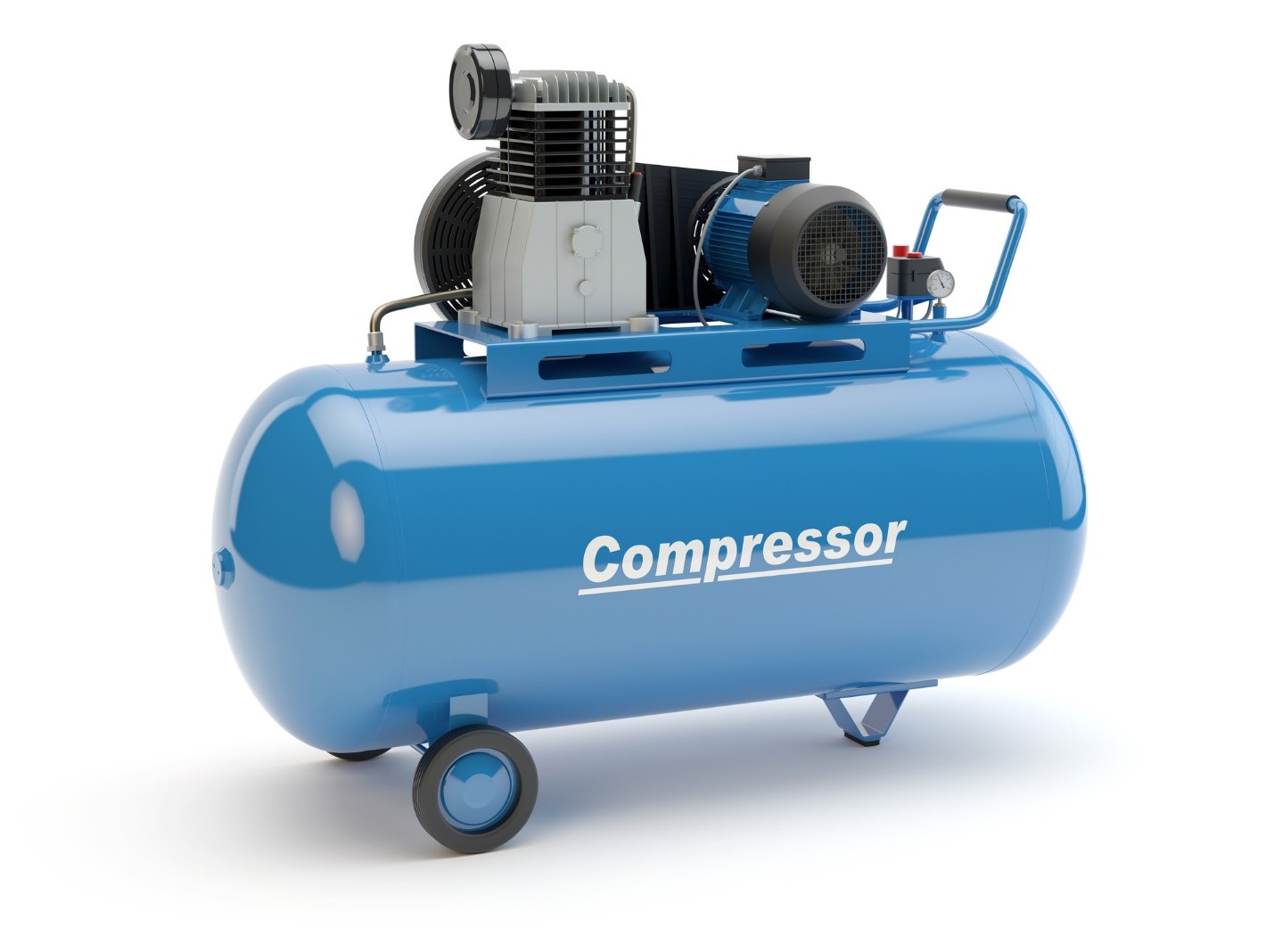

Home Maintenance
How Much Is An Air Conditioning Compressor
Modified: March 6, 2024
Find out the cost of an air conditioning compressor for your home maintenance needs. Stay cool with professional advice and affordable options.
(Many of the links in this article redirect to a specific reviewed product. Your purchase of these products through affiliate links helps to generate commission for Storables.com, at no extra cost. Learn more)
Introduction
Welcome to our comprehensive guide on air conditioning compressors and how much they cost. If you’re a homeowner or a prospective buyer, understanding the various components of your home’s air conditioning system is essential. The air conditioning compressor is a vital part of the system that helps regulate and maintain the desired temperature in your home.
An air conditioning compressor is responsible for compressing and circulating the refrigerant, which cools and dehumidifies the air. Without a properly functioning compressor, your air conditioner won’t be able to cool your home efficiently. Therefore, if you’re experiencing issues with your air conditioner, it’s important to determine whether the compressor needs to be repaired or replaced.
In this guide, we will explore how much an air conditioning compressor costs, taking into account various factors that can affect the price. We’ll also delve into different brands and their pricing, as well as provide some maintenance tips to help prolong the lifespan of your air conditioning compressor.
Before we dive into the costs, let’s gain a better understanding of the air conditioning compressor itself and how it works within your home’s cooling system.
Key Takeaways:
- Air conditioning compressors range from $500 to $2,500 for standalone units, and $1,500 to $5,000 for complete systems. Consider factors like brand, efficiency, and installation costs when budgeting for a compressor.
- Regular maintenance, such as keeping the area around the compressor clear, cleaning filters and coils, and scheduling professional inspections, can help extend the lifespan of your air conditioning compressor and maintain its efficiency.
Read more: How Much Is An HVAC Compressor
Understanding the Air Conditioning Compressor
The air conditioning compressor is a crucial component of your home’s HVAC system. It plays a fundamental role in the cooling process by compressing the refrigerant, which is responsible for absorbing heat from the indoor air. The compressed refrigerant then flows through the system, releasing heat and helping to cool the air.
Compressors come in various types, with reciprocating and scroll compressors being the most common. Reciprocating compressors use a piston and cylinder arrangement to compress the refrigerant, while scroll compressors use two spiral-shaped scrolls to compress the refrigerant.
One important thing to note is that air conditioning compressors are typically sold as part of the entire air conditioning unit, including the condenser, evaporator, and other components. However, it is possible to purchase a standalone compressor if you only need to replace that specific part of the system.
The size of the air conditioning compressor is determined by the cooling capacity it can deliver, measured in British Thermal Units (BTUs). The cooling capacity needed for your home depends on factors such as the size and layout of your space, insulation levels, and the local climate.
It’s important to understand that the lifespan of an air conditioning compressor can vary depending on several factors, including the quality of the unit, regular maintenance, and usage patterns. On average, a well-maintained air conditioning compressor can last between 10 to 15 years.
Now that we have a basic understanding of how an air conditioning compressor works, let’s explore the factors that can impact the cost of purchasing and installing one.
Factors Affecting the Cost of an Air Conditioning Compressor
When considering the cost of an air conditioning compressor, several factors come into play. Understanding these factors can help you determine the potential expenses involved in repairing or replacing your compressor. Here are the key factors to consider:
- Type and Size: The type and size of the air conditioning compressor will greatly impact its cost. Different compressor types, such as reciprocating, scroll, or rotary, have varying prices. Additionally, the size of the compressor, measured in BTUs, determines its cooling capacity and price. Larger compressors generally cost more than smaller ones due to their higher capacity.
- Efficiency: Energy-efficient compressors tend to be more expensive upfront, but they can result in significant long-term savings on energy bills. Compressors with higher seasonal energy efficiency ratio (SEER) ratings generally cost more than those with lower ratings. It’s important to strike a balance between upfront costs and long-term savings when considering the efficiency of an air conditioning compressor.
- Brand: The brand of the air conditioning compressor can also affect its cost. Well-known and reputable brands often come with higher price tags due to their reliability and quality. While it may be tempting to opt for a cheaper, lesser-known brand, it’s essential to consider the potential trade-offs in terms of performance and longevity.
- Installation Requirements: The installation process of an air conditioning compressor can add to the overall cost. If the compressor needs to be retrofitted into an existing system, additional labor and materials may be required, increasing the total expense. It’s recommended to hire a professional HVAC technician to ensure proper installation and avoid any potential issues down the line.
- Warranty: The warranty offered by the manufacturer is another factor that can impact the cost. Compressors with longer warranty periods tend to have higher price tags as they provide added peace of mind. It’s important to carefully review the warranty terms and coverage before making a purchasing decision.
By considering these factors, you can get a better idea of the potential cost of an air conditioning compressor that suits your needs. In the next section, we will explore the average price range of air conditioning compressors to give you a better understanding of what to expect.
Average Price Range of Air Conditioning Compressors
The cost of an air conditioning compressor can vary widely depending on several factors, including the size, type, brand, and efficiency rating. To give you a general idea, let’s explore the average price range of air conditioning compressors:
For residential applications, the price of a standalone air conditioning compressor typically ranges from $500 to $2,500. This price range includes compressors with different cooling capacities and efficiency ratings. Keep in mind that this price is for the compressor unit alone and does not include installation costs or other components of the air conditioning system.
If you’re looking to replace the entire air conditioning unit, which includes the compressor, condenser, evaporator, and other components, the total cost can range from $1,500 to $5,000 or more. This price range will depend on the size of your home, the cooling capacity required, and the efficiency rating of the unit.
It’s important to note that these price ranges are estimates and can vary based on various factors such as your location, supplier, and any additional features or accessories included with the compressor. Additionally, prices may fluctuate over time due to market conditions and the availability of certain models or brands.
When considering the price, it’s crucial to factor in the long-term cost savings that can come with a more efficient compressor. While energy-efficient compressors may have a higher upfront cost, they can result in significant savings on your energy bills over time. Therefore, it’s worth considering the potential return on investment when making your purchasing decision.
To get the most accurate and up-to-date pricing information for air conditioning compressors, it’s recommended to consult with local HVAC professionals or suppliers who can provide you with specific quotes based on your requirements and location.
Next, let’s compare different brands in terms of pricing and performance to help you make an informed decision when selecting an air conditioning compressor for your home.
When determining the cost of an air conditioning compressor, consider factors such as the brand, size, and efficiency rating. It’s also important to factor in installation costs and any additional components needed for the system.
Brand Comparison and Pricing
When it comes to air conditioning compressors, there are several reputable brands to choose from. Each brand offers a range of models with varying features, efficiencies, and price points. Let’s compare some popular brands to help you make an informed decision:
- Carrier: Carrier is a well-known and trusted brand in the HVAC industry. They offer a wide range of air conditioning compressors with different cooling capacities and efficiency ratings. The price of Carrier compressors typically ranges from $1,000 to $3,000, depending on the model and specifications.
- Trane: Trane is another reputable brand that offers high-quality air conditioning compressors. Their compressors are known for their durability and energy efficiency. The price of Trane compressors usually falls within the range of $800 to $2,500, depending on the size and features.
- Lennox: Lennox is a trusted brand that offers a wide selection of air conditioning compressors suitable for various residential applications. Lennox compressors are known for their reliability and performance. The price of Lennox compressors typically ranges from $700 to $2,500, depending on the model and specifications.
- Rheem: Rheem is a popular brand that offers a range of air conditioning compressors with different capacities and efficiency levels. Rheem compressors are known for their affordability without compromising on quality. The price of Rheem compressors typically falls within the range of $500 to $1,800.
- York: York is a well-established brand that offers a variety of air conditioning compressors suitable for residential applications. York compressors are known for their reliability and performance. The price of York compressors usually ranges from $600 to $2,000, depending on the model and specifications.
It’s important to note that these price ranges are estimates based on average market prices, and they can vary depending on factors such as location, model, and additional features. Additionally, it’s worth considering the warranty and customer support offered by each brand, as these factors can greatly affect the overall value and peace of mind associated with your purchase.
When choosing a brand, it’s advisable to consult with a professional HVAC technician who can help assess your specific needs and recommend the best brand and model for your home. They can also provide you with accurate pricing information and ensure proper installation of the air conditioning compressor.
Now that we’ve covered the brand comparison and pricing, let’s explore some additional costs that you need to consider when it comes to air conditioning compressors.
Additional Costs to Consider
When budgeting for an air conditioning compressor, it’s important to consider not only the upfront cost of the unit but also any additional expenses that may arise. Here are some additional costs to keep in mind when purchasing and installing an air conditioning compressor:
- Installation Costs: The cost of installing an air conditioning compressor can vary depending on factors such as the complexity of the installation, the location of the unit, and any necessary modifications to the existing HVAC system. It’s recommended to hire a professional HVAC technician to ensure proper installation, and the cost of their labor should be factored into your budget.
- Ductwork Modifications: In some cases, when replacing an air conditioning compressor, ductwork modifications may be necessary to ensure optimal airflow and efficiency. This can incur additional costs depending on the extent of the modifications required.
- Permits and Inspections: Depending on your local regulations, you may need to obtain permits and undergo inspections when installing or replacing an air conditioning compressor. These permits and inspections can come with associated fees, so it’s important to check with your local authorities to determine any additional costs involved.
- Maintenance and Repairs: Over time, air conditioning compressors may require regular maintenance and occasional repairs. It’s important to budget for routine maintenance tasks such as cleaning or replacing air filters, as well as potential repair costs that may arise during the lifespan of the compressor. Regular maintenance can help prolong the lifespan of the compressor and prevent costly repairs.
- Energy Efficiency: While energy-efficient compressors can lead to long-term cost savings on energy bills, they may come with a higher upfront cost. It’s important to consider the potential energy savings over time and weigh them against the initial investment.
By factoring in these additional costs, you can create a more accurate budget for your air conditioning compressor. It’s always a good idea to consult with a professional HVAC technician who can assess your specific situation and provide you with a more accurate estimate of the overall costs involved.
Now that we’ve covered the additional costs, let’s explore some maintenance tips to help prolong the lifespan of your air conditioning compressor.
Maintenance Tips for Air Conditioning Compressors
Regular maintenance is key to keeping your air conditioning compressor running smoothly and extending its lifespan. Here are some essential maintenance tips to help you take care of your compressor:
- Keep the Area Around the Compressor Clear: Ensure that the area around your compressor is clear of any debris, leaves, plants, or other obstructions. This will allow for proper airflow and prevent any potential damage or reduced efficiency.
- Clean or Replace Air Filters: Air filters help prevent dirt and debris from entering the compressor. Regularly clean or replace the air filters according to the manufacturer’s recommendations to ensure proper airflow and prevent strain on the compressor.
- Check and Clean the Condenser Coil: The condenser coil plays a vital role in the cooling process. Inspect the condenser coil regularly and clean it if needed to remove any dirt or debris. This will improve the efficiency of the compressor and prevent overheating.
- Inspect and Clean the Fan Blades: The fan blades help circulate air over the compressor and condenser coil. Check the fan blades for any buildup of dirt or debris and clean them if necessary. This will ensure proper airflow and prevent strain on the motor.
- Keep the Compressor Level: Ensure that the compressor is installed on a level surface. If the compressor is not level, it can lead to vibration and damage to the internal components. Use shims or consult a professional to level the compressor if needed.
- Monitor Refrigerant Levels: Low refrigerant levels can put strain on the compressor and affect its performance. If you notice a decrease in cooling efficiency or unusual sounds coming from the compressor, it may indicate a refrigerant leak. Contact a professional HVAC technician to inspect and address any refrigerant issues.
- Schedule Professional Maintenance: While there are several maintenance tasks you can do on your own, it’s also essential to schedule annual professional maintenance for your air conditioning system. A qualified HVAC technician can thoroughly inspect and service the compressor, ensuring optimal performance and identifying any potential issues before they escalate.
By following these maintenance tips, you can help prolong the lifespan of your air conditioning compressor and keep it operating at peak efficiency. Regular maintenance will not only save you money in the long run but also ensure a comfortable and cool indoor environment.
Now, let’s wrap up our guide on air conditioning compressors.
Conclusion
Understanding the cost and maintenance of air conditioning compressors is crucial for homeowners who want to ensure the comfort and efficiency of their cooling systems. By considering factors such as type, size, efficiency, brand, and installation requirements, you can make an informed decision about the right air conditioning compressor for your home.
The average price range of air conditioning compressors varies depending on various factors, such as the type of unit and its cooling capacity. Additionally, different brands offer compressors with varying features and price points, allowing you to find one that suits your needs and budget.
It’s important to consider the additional costs involved, such as installation, permits, maintenance, and repairs when budgeting for an air conditioning compressor. Regular maintenance, including keeping the area clear, cleaning filters and condenser coils, and scheduling professional inspections, will help prolong the lifespan of the compressor and maintain its efficiency.
In conclusion, investing in a quality air conditioning compressor and properly maintaining it will ensure comfortable indoor temperatures, lower energy consumption, and a longer lifespan for your HVAC system. Whether you’re replacing a faulty compressor or upgrading to a more efficient model, consult with a professional HVAC technician for expert guidance and ensure proper installation.
We hope this guide has provided valuable insights into the cost, maintenance, and factors to consider when it comes to air conditioning compressors. Stay cool and enjoy the comfort of a well-functioning air conditioning system!
Frequently Asked Questions about How Much Is An Air Conditioning Compressor
Was this page helpful?
At Storables.com, we guarantee accurate and reliable information. Our content, validated by Expert Board Contributors, is crafted following stringent Editorial Policies. We're committed to providing you with well-researched, expert-backed insights for all your informational needs.
